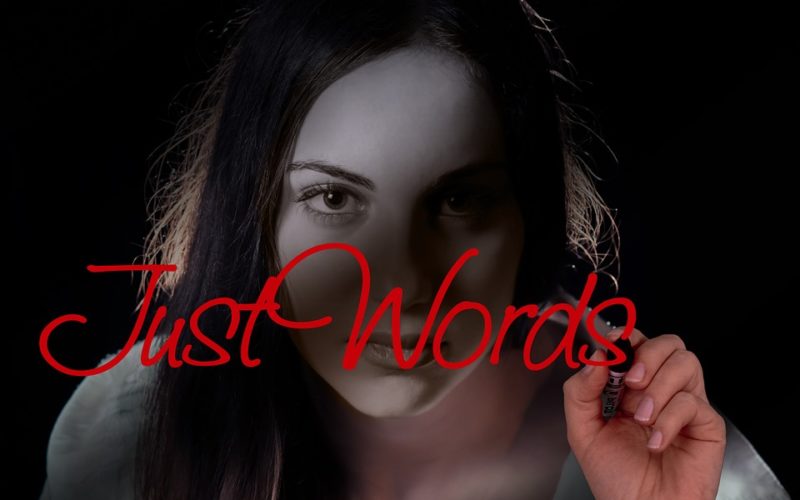A Journey to Self-Healing
Recovering from a bad relationship is often a difficult and emotional journey, one that requires time, self-reflection, and a strong will to heal and move forward. The end of an intimate partnership can leave scars—emotional baggage that can weigh us down, making it hard to trust or love again. However, it's important to realise that this period of recovery can also be a transformative time, offering the chance to grow, learn, and emerge stronger.
Acknowledging the pain
The first step towards recovery is acknowledging the pain. It's natural to feel a range of emotions such as sadness, anger, betrayal, or even relief. These feelings might be overwhelming, but they are a normal part of the grieving process after a breakup. Allow yourself to feel these emotions without judgment. Suppressing them can delay healing, so it's crucial to confront them head-on, however uncomfortable it may be.
Taking time for yourself
After recognising your emotional state, it's essential to take time for yourself. Healing can't be rushed—it's a personal process that moves at its own pace. Use this time to reconnect with who you are outside of the relationship. Engage in activities you love, and that make you feel good about yourself. This can include new hobbies, exercise, or simply indulging in rest and self-care. The goal is to rebuild your sense of self-worth and independence.
Learning from the experience
While it's easy to cast blame or become mired in regret, taking time to objectively review the relationship can be incredibly informative. Analyse what went wrong and consider your role in the dynamics. What did you learn about your needs, boundaries, and expectations? Use these insights to guide your future relationships, ensuring you know what you will and won't tolerate from a partner.
Seeking support
Navigating the aftermath of a bad relationship can be a lonely experience, but you don't have to go through it alone. Reach out to friends, family or a psychotherapist for support. Sometimes sharing your experience and feelings with others can provide relief and clarity. If needed, don't hesitate to seek professional help. A therapist can offer impartial guidance and coping strategies tailored to your situation.
Moving forward
Moving forward involves forgiving—both yourself and your former partner. Forgiveness doesn't mean forgetting or condoning what happened, but it does mean releasing the hold that the pain has on you. Grasp the lessons learned, and gradually open yourself up to the idea of love again. When you're ready, proceed with optimism, not allowing past hurts to shadow new beginnings.











